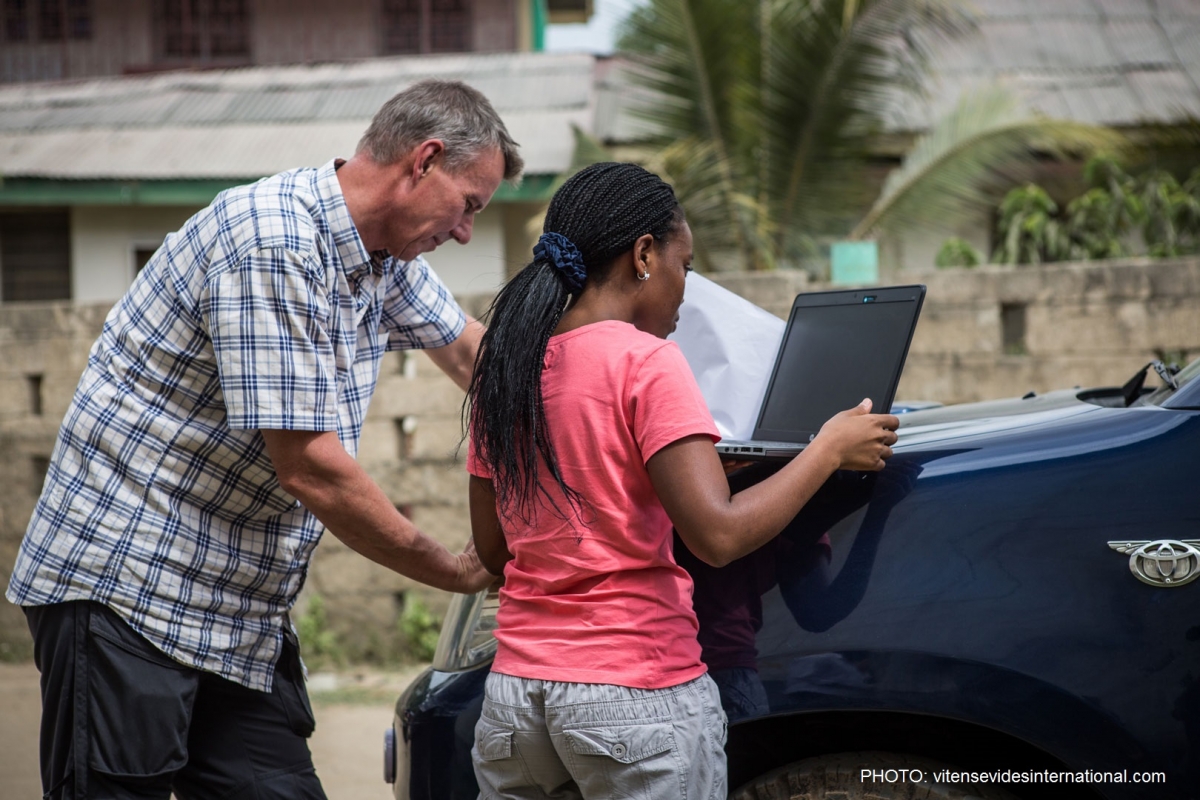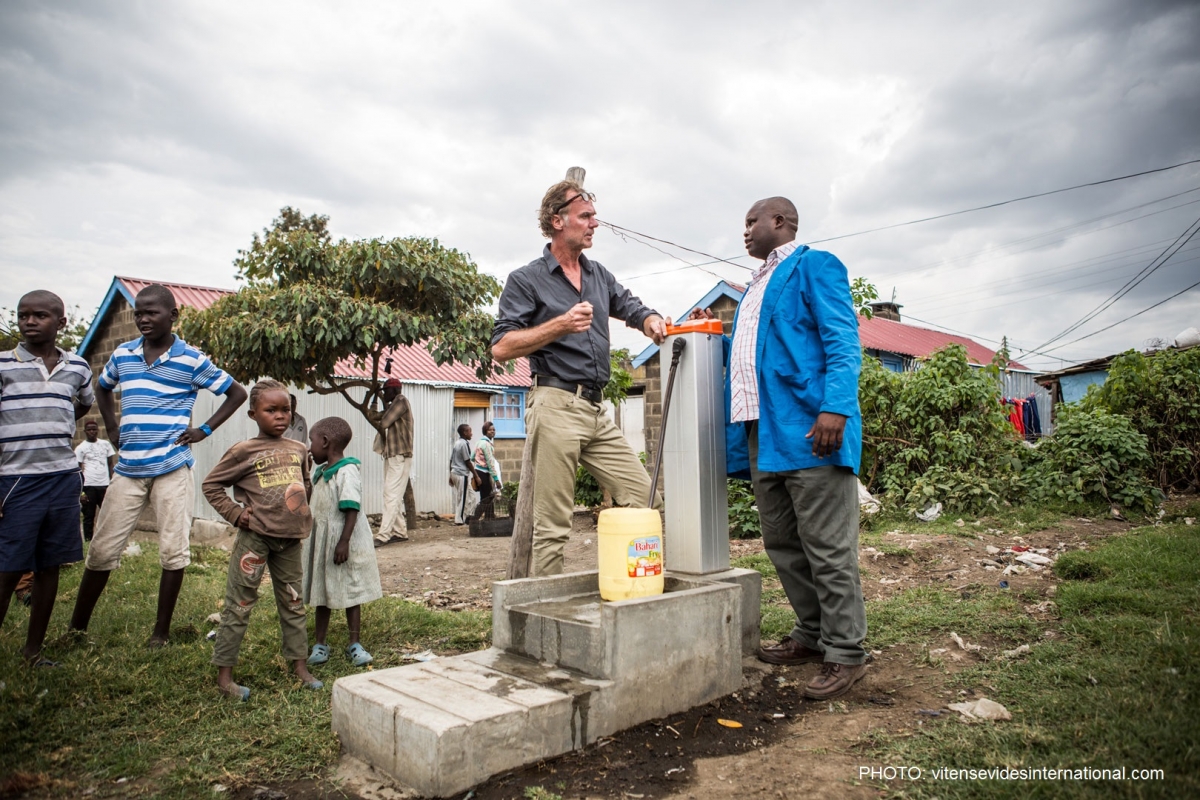Why BEWOP?
WOPs challenges
Water operators, are uniquely placed for sharing experience and technical expertise with their peers yet they often lack the didactical capacity to effectively transfer their knowledge and the expertise to manage the partnership process

WOPs are not a ‘magic bullet’, if utilities lack strong and committed leadership, an effective WOP will be difficult to develop. And where service provision is affected by political interference, weak governance or inequitable development policies, water operators may have little room for manoeuvre even if they identify beneficial reforms through a WOP (ODI, 2016).
Strengthening the capacity of human resources, generating behavioural changes and sustainable achievements within an organization requires time. Therefore, achieving performance improvements through WOPs might take longer than in other partnership approaches where the management is delegated to another party (IWA, 2010).

As a result, doing WOPs it is not simply a matter of ‘shipping readily packaged knowledge’ from one operator to another. Knowledge transfer is a joint learning process for the WOP partners the success of which relies on effective capacity development approach and on careful management of knowledge at either end.
A Party of Many: The Drivers of WOPs Facilitation
Although the main actors in a Water Operator Partnership are the two utilities involved in the partnering process, other organizations also have a motivation in developing water operator partnerships. In this sense WOPs function as ‘instruments’ that contribute to the achievement of objectives of organizations involved in the water sector. Five years have passed since the beggining of our project, our most recent resarch analyses these third party organizations and their role with respect to WOPs and how they influence the nature of the partnership. Read more about it here